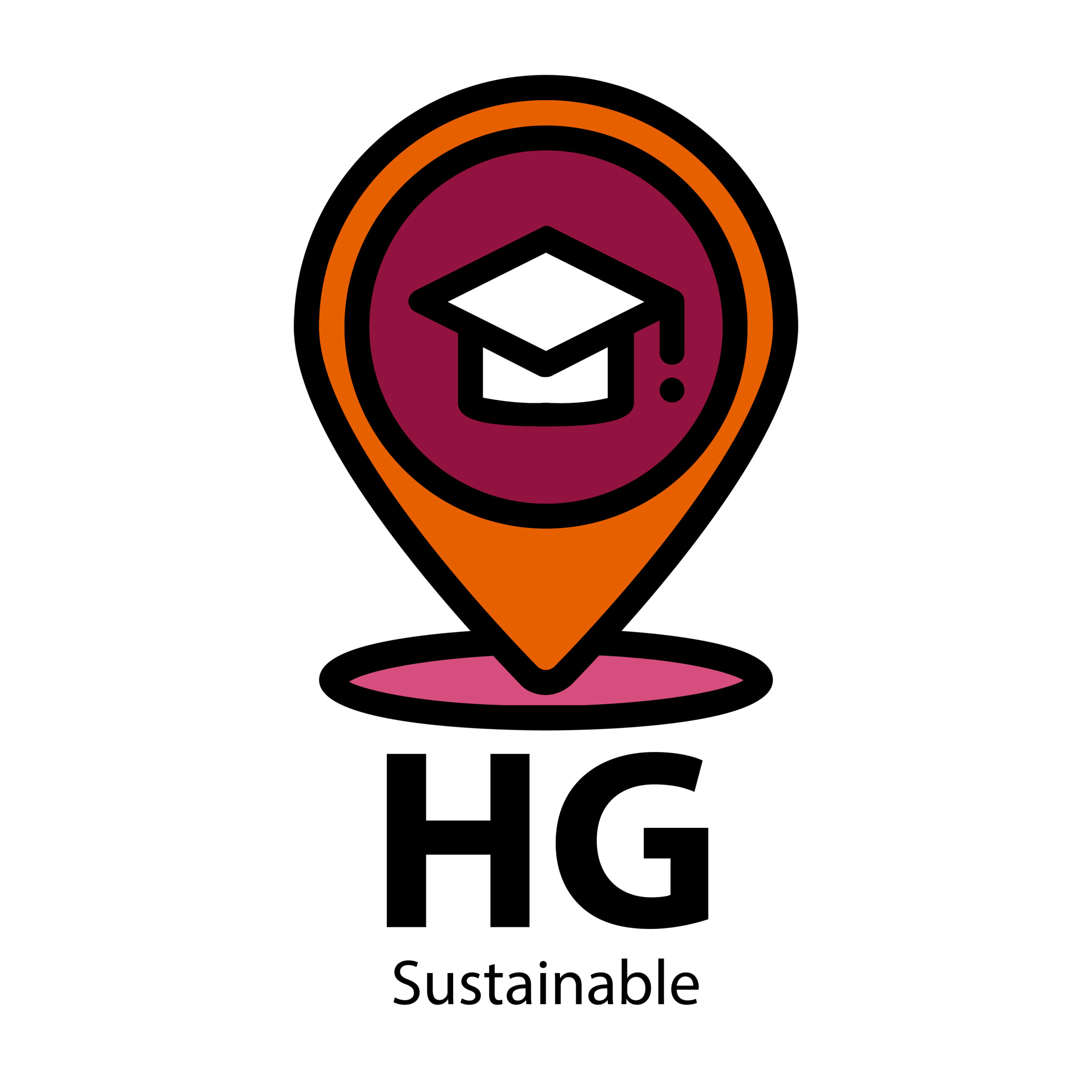-
- Forum
- Topics
- Freshness
-
-
Ecological practicesThe project has followed ecological practices recommended for carrying out projects related to the SDGs. Examples of environmental practices such as: - Reducing the use of paper in meetings and training activities. - Promoting the use of digital formats instead of physical formats. - In face-to-face meetings and training courses, ecological materials such as paper pens, recycled paper notebooks, etc., are provided. - Encouraging participants to engage in face-to-face activities and use sustainable means of transport (such as carpooling). - Raising awareness within partner organisations to apply these measures by organising information sessions. - Making use of digital tools for internal communications (emails, online project management, Google Drive, etc.) to reduce paper consumption. - Videoconferencing helps reduce the use of transport and therefore reduces pollution. Therefore, it is a good tool for internal communication and even with stakeholders in the project. - In the "Methodological training guide to contribute to sustainable development in the field of higher education" there is a section on ecological practices. - In the training course for teachers, a module on the Environment and its relationship with the achievement of the SDGs is included. - In the premises where face-to-face activities are carried out, the temperature is reduced by two degrees. - Reduction in the use of plastics in face-to-face meetings (plastic mineral water bottles, etc.).
- 0
-
No Topics
-
Other topicsGroup intended to include materials related to other topics.
- 4
-
Social impact measurement modelsSocial impact measurement models
- 4
-
Success historiesDescription/debate/sharing Success histories
- 4
-
Training methodologyTraining methodologies related to sustainable development and examples of their application are shared on the online collaborative platform for higher education teachers.
- 4
-
©2025 HG Sustainable



